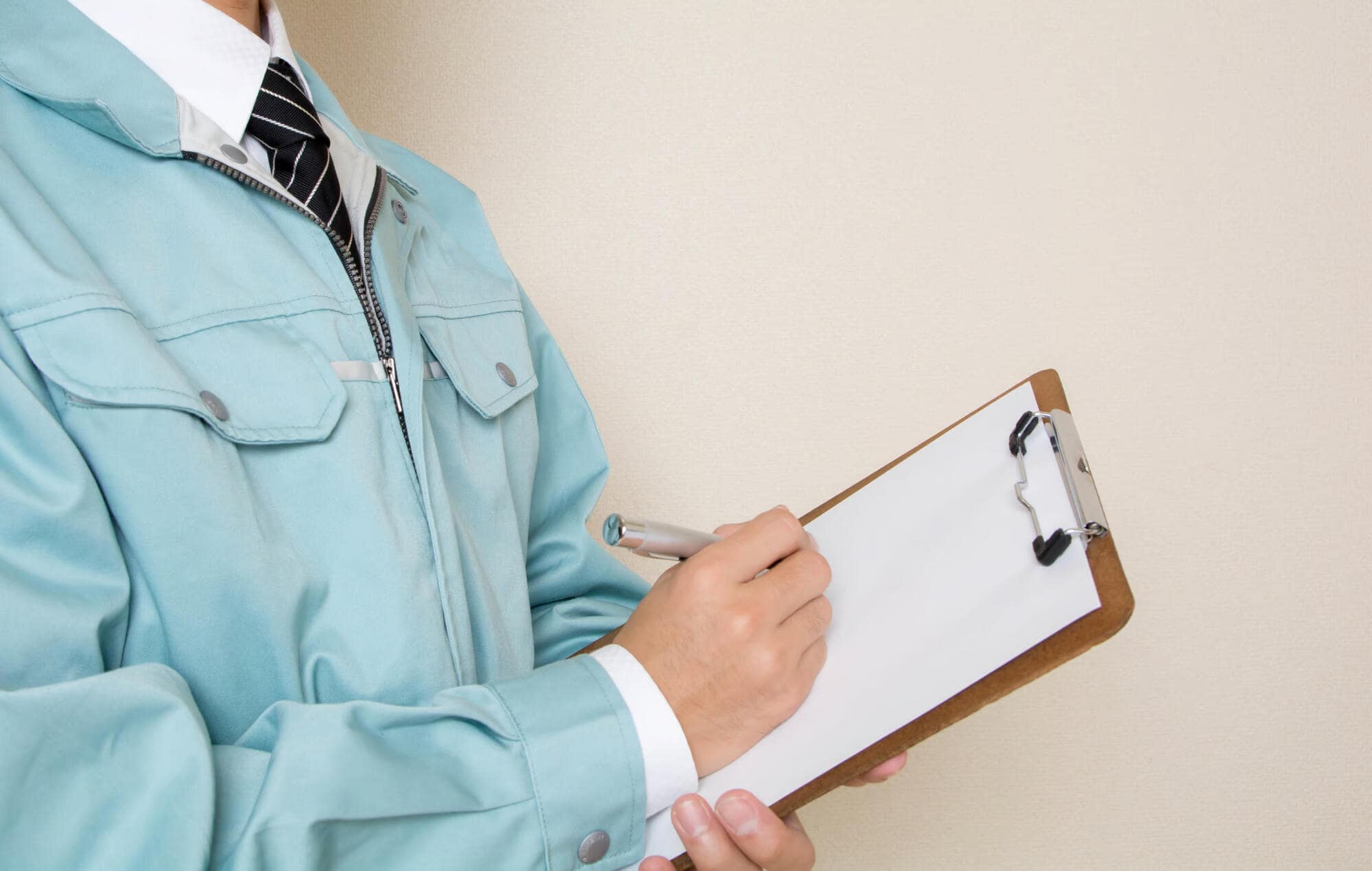You can earn a good income from rental properties, but it's not as simple as just buying a home and having tenants move in.
There are a range of different duties and responsibilities you have. One of these is carrying out rental property inspections to ensure any properties you own are in a good state. The obstacle that a lot of landlords struggle with here is figuring out how often they should be doing these inspections.
Let's take a look at the different kinds of rental property inspections and determine when you should carry them out.
Why You Need Rental Property Inspections
The purpose of inspecting a rental property is to assess its current state and determine if any work is needed. This could include things like fixing plumbing issues, repairing or replacing damaged appliances, or giving a room a fresh coat of paint.
Landlord responsibilities involve ensuring a property is safe for tenants and suitable to live in. Depending on what you find when performing an inspection, you may then need to do some work on your property.
When to Inspect a Rental Property
There are three types of inspections you need to consider, and they happen at different times.
The first is a moving-in inspection, which you do before the tenant moves in. During this, you'll make sure it's ready and take care of any repairs or maintenance you want to get done before they arrive.
You'll also do a moving-out inspection after their lease ends. You can then determine if they've caused any damage while there. You might need to use money from their security deposit to pay for this.
While the tenant is living there, you'll likely want to perform routine inspections. You can see if any issues have come up and deal with them so that the property is still suitable.
How Often Should You Inspect a Property?
A landlord in Minnesota can inspect their property at any time with suitable notice. This varies in different states and is 24 hours for Minnesota.
Minnesota landlord rules also state a landlord can only enter a property between 8:00 am and 8:00 pm. This can vary if the tenant agrees to it, but they have no obligation to.
While 24 hours is the minimum, it's best to provide more notice where possible. This will typically help keep your tenants happier, as your inspections won't be so sudden.
Note that there is an exception to this in which you can enter a property at any time. If there's an emergency such as a burst pipe or smoke coming from the property, you can enter without notice.
You should also understand that tenants have a legal right to quiet enjoyment of a property. This dictates that a landlord shouldn't be entering a property without good reason. Doing so can upset your tenants and may affect their decision when it comes to renewing their lease.
Performing Rental Property Inspections
Rental property inspections are essential for keeping your properties in a good state, but you shouldn't do them too often or it could upset your tenants.
PMI Lakeshore has almost 20 years of experience with property inspections and other real estate services. Check out our property management page to find out more.


